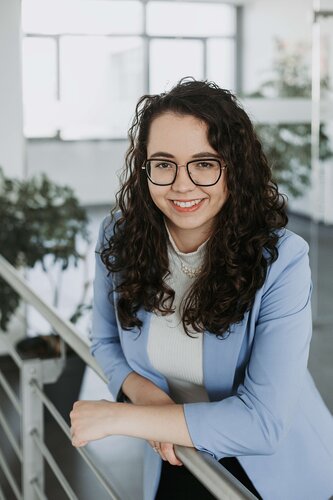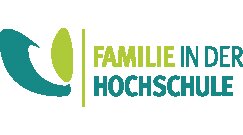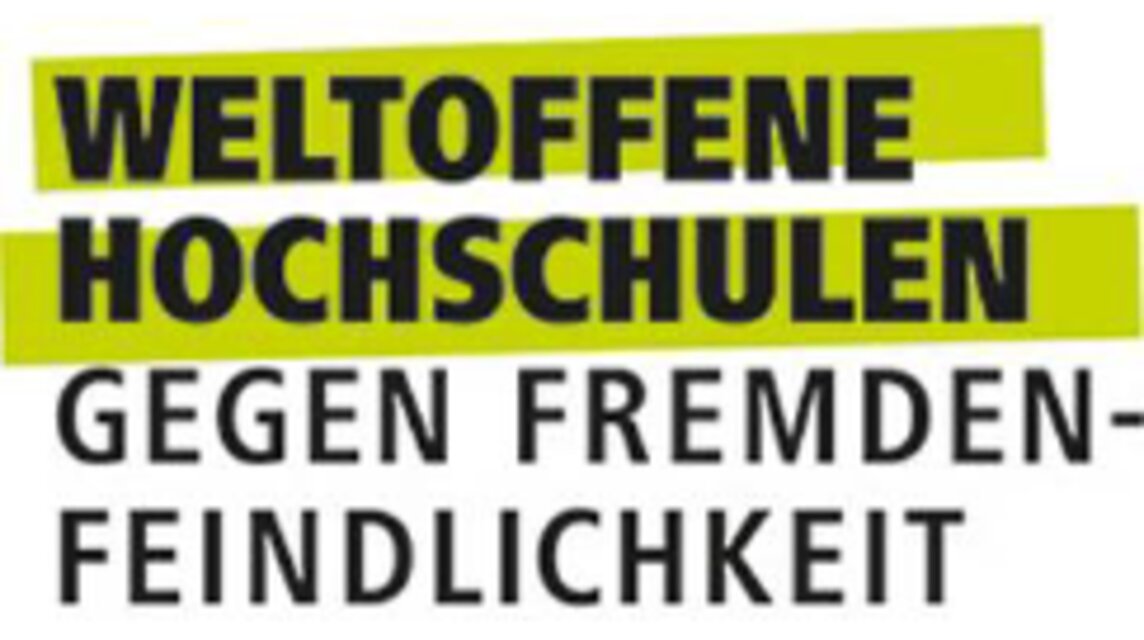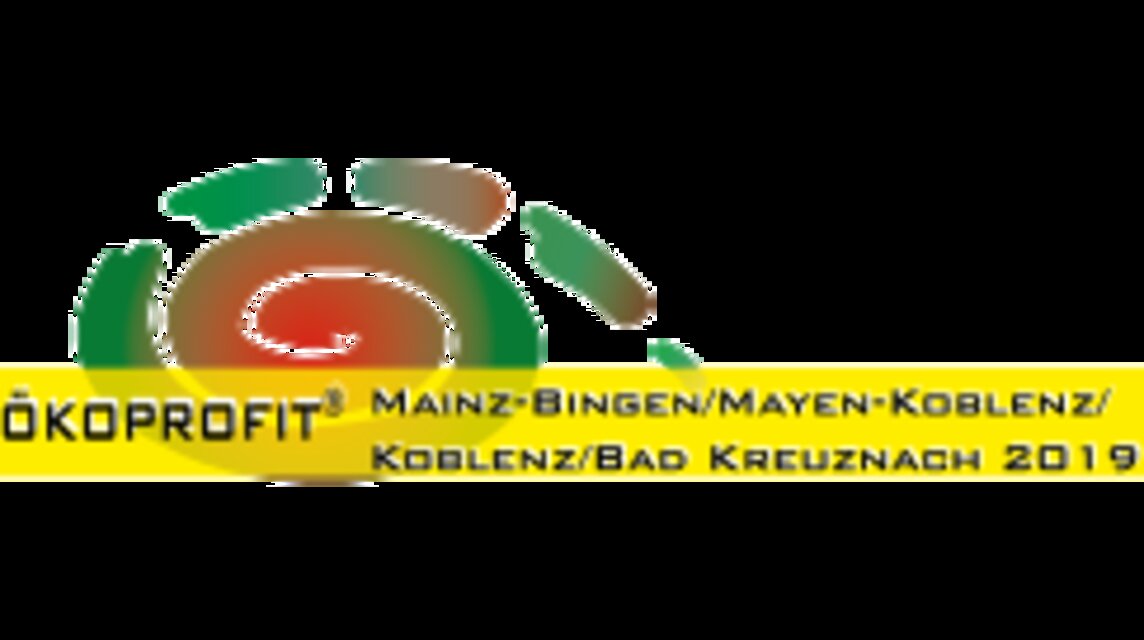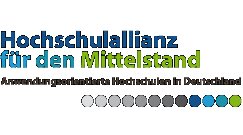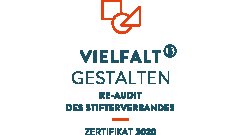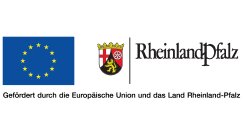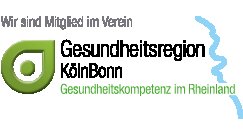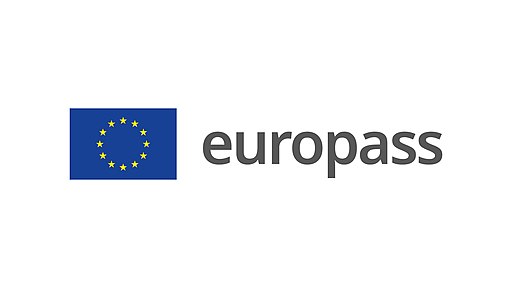Interview with Tereza Jakubova
My name is Tereza, I am 24 years old and currently about to finish my master’s degree in MLI. I was born and raised in Prague, Czech Republic, and came to Germany first at the age of 16 as an exchange student in the 11th grade, however, I started living here full-time only after my high school graduation. Since September 2023, I have been working as a business analyst in an IT consulting company focusing on commercial banking where I also see my future career. Through my job, I learned that I love digging deep into problems and understanding how things work on a detailed level. In my free time, I love DIY projects and traveling.
We asked Tereza to answer some questions regarding her journey at MLI
1. How did you experience the MLI program, and what was the application process like for you?
Before starting MLI, I finished my bachelor’s degree in healthcare management at RheinAhrCampus, so MLI was not something I had to search for actively. During my high school exchange program, I lived in Bonn and immediately fell in love with the city. I truly felt at home here. That’s why I targeted this region and looked for universities in the area. That’s how I found RheinAhrCampus. Two things attracted me the most: first, a mandatory practical semester was not something I knew from my home country and it gave me the feeling of getting a competitive advantage since hiring companies appreciate applicants with practical experience. Second, sometimes it is hard to decide whether to become a specialist or a generalist. Study programs like healthcare management or MLI offer a useful combination of both. They offer knowledge applicable in any field of business but also offer the advantage of a certain focus – you gain knowledge other fresh absolvents of business administration don’t have.
The application process was easy since I was a “home” student of RAC already ???? but I remember my struggle and uncertainty during my first university application process in Germany. What I would have wished for would be a contact person at the university who knows about Uni-Assist’s requirements and helps throughout the process.
2. Was relocating to Germany challenging for you? How hard is it to get adapted here?
As I said, I loved Bonn and the area. I think that gave me the courage to leave my home country. And in the end, it was easier than expected. I remember the last night at home and being terribly nervous. But what I like about the people here is that they always offer help. I have never felt alone. From what I have heard from Germans, it is not the same in the whole country, but here in Rhineland people are very friendly and supportive. My biggest problem was always paperwork. When I got my first job in Germany, I realized that I lacked almost all the documents they wanted me to attach. The problem is unfortunately that nobody is informed about what to do in such cases and it took me about 20 phone calls (all in German -> I almost died) to get all information I needed. But the positive side is that you do it once, you learn million soft skills in the process and you never have to do it again. And when another issue arises, you are calmer and it all gets only easier.
3. What career path are you aiming for now, and how has being an MLI student contributed to that goal?
Since almost a year, I have been working in IT consulting as a business analyst and that is also the career path I am aiming for. It gives me a chance to constantly grow because no matter how long you do that job, every now and then you get a new project, a new client, and all you knew about the old one is redundant now, and you have to ask the right questions again, dig deeper, think outside the box, learn new vocabulary, new infrastructures etc. So, it’s actually almost only about soft skills. And that is MLI too. It taught me to be self-organized and creative, come up with new ideas, organize teams, distribute tasks, work under time pressure, and execute tasks independently.
4. Could you tell us what you did in your practical phase?
Sure! During MLI I decided not to go abroad anymore, since I did an exchange program in high school, an au-pair stay when I turned 18, then I moved abroad and even did an exchange semester in my bachelor's, so I only desired to stay somewhere longer and built some life. That's why I did an internship in Bonn, which was the perfect opportunity to start my career in consulting. This decision was fully supported by the MLI program's leaders already during my application. But back in my bachelor's degree, I spent a semester in Seoul, South Korea at our partner university Ewha Womens University.
5. What advice would you give to prospective students considering the MLI program?
Think about what you expect to get from your studies. It is a program that will stretch you and make you grow, but it is less theoretical. Also, a study program fully in English can offer a chance for foreign students who are not fluent in German yet. But keep in mind that lacking local language skills will always be a barrier for you. Make sure you learn the language anyway. And most importantly, know that you can always do more than you think. The society trained us to doubt our skills, but if you think you “maybe could” than you most probably “surely will”.
